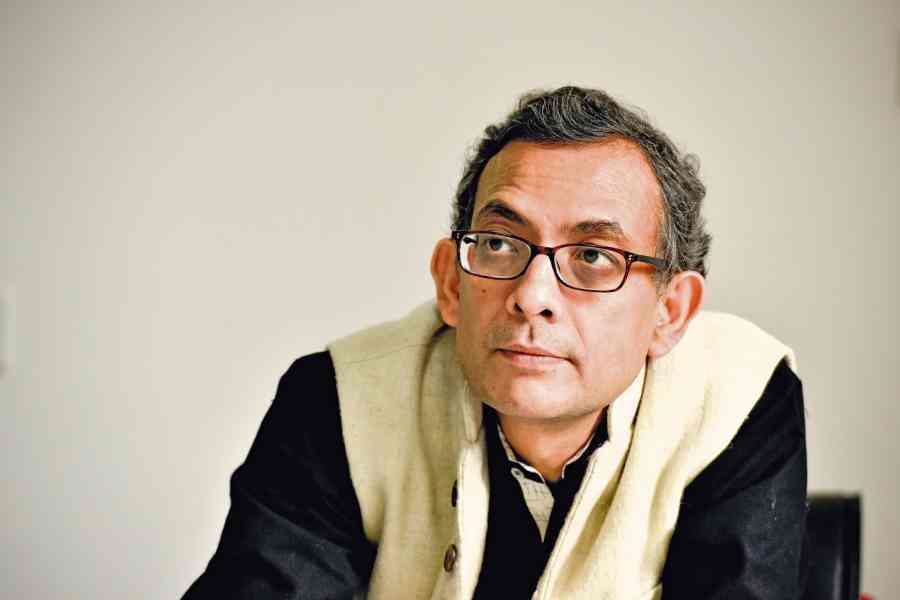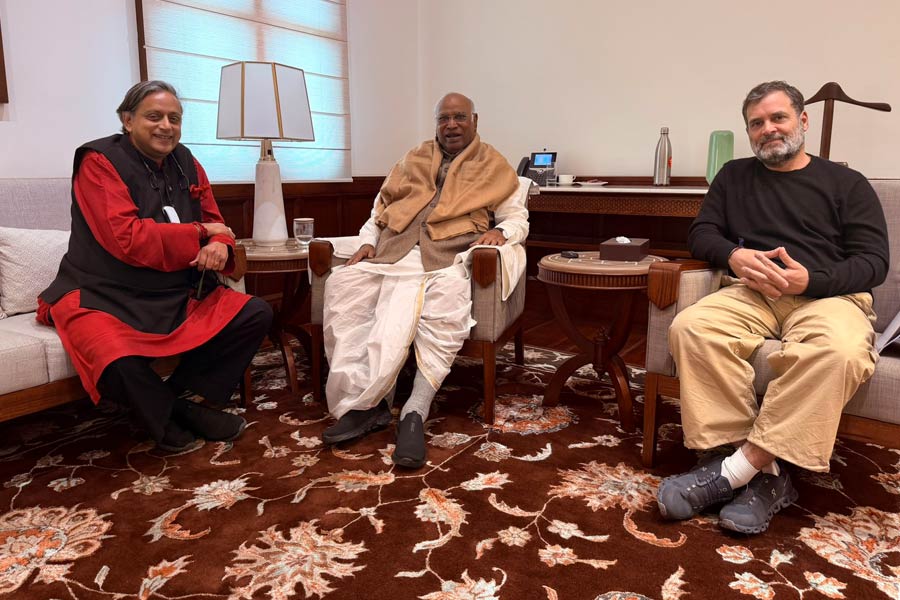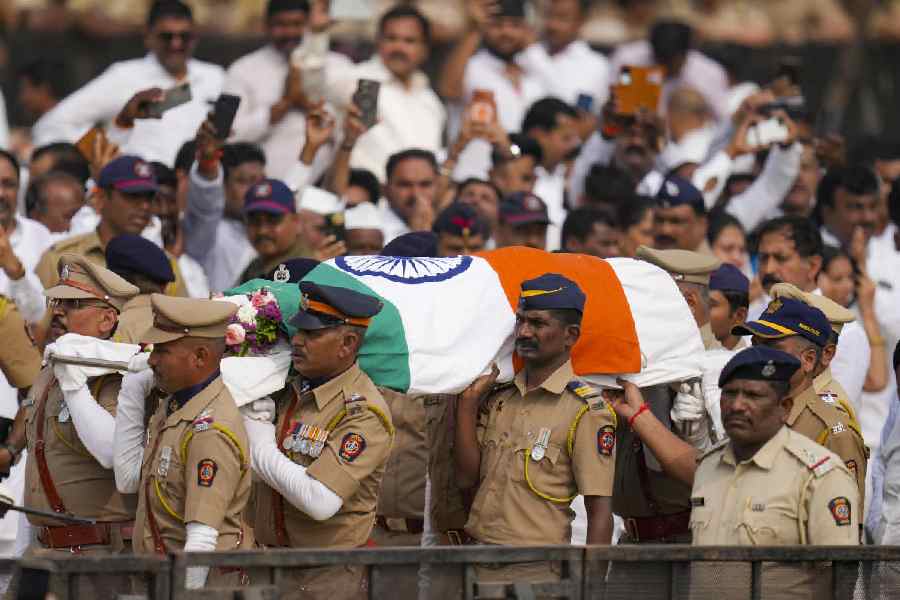.jpg)
There’s a lot of rage in NH10. Some on the surface, some deep-rooted. Were you somewhere channelling your own rage against the system, the system that has not let you make a film for seven years (since Manorama Six Feet Under)?
(Laughs out loud) You’re the first person to point that out. It’s true though. I had been through a very trying and frustrating time with multiple aborted projects. There was anger that so much time and effort had gone down the drain. Anger that the system was quick to brand you “difficult to work with” or “unlucky”. Sudip Sharma (writer of NH10) had his own share of frustrations over the years. I think we both channelled a lot of that rage into the film.
There are many themes which emerge after watching NH10 and they all ring true in their own way. Feminism, patriarchy, gender divide, city vs village, rich vs poor.... What for you was the overriding theme of the film?
Once we had hit on the honour killing idea, the rest automatically flowed from there and couldn’t be ignored — patriarchy, gender issues, caste.... The primary thematic concern was gender. The constant reminder to women as to their place in society. The primary theme itself was: Once you strip away the veneer of ‘civilisation’, what happens?
Meera’s (Anushka Sharma) first impulse is to invoke authority figures — the police, the sarpanch. This is part of her conditioning as a member of a privileged, entitled class. Somebody from a different socio-economic milieu would know better from their daily experiences about the unreliability of authority figures.
Why did it have to be Satbir’s (Darshan Kumaar) mother and not Satbir’s father behind everything?
We were pretty clear that the sarpanch would be a woman (played by Deepti Naval). It adds a layer. It says things about the role of women in the upholding and dissemination of patriarchy. The intention wasn’t to portray women as saints compared to the men. They also have to negotiate the system and participate in it even if it means the oppression of other women. Historically, there have been some very powerful women within rigidly patriarchal social systems. I find such women fascinating. They are survivors too, in a sense.
Why isn’t anybody in Satbir’s gang reacting sexually to Meera? In the world of NH10 that you have created, a rape seems just around the corner but we never get a whiff of it. Was it a conscious call?
There is one off-hand reference. While discussing the fate of the duo (Meera and her husband Arjun, played by Neil Bhoopalam) — just before Chhotey comes and offers Meera a flower, Mama (Ravi Jhankal) tells the rest of the gang that they should kill Arjun and leave Meera for him. Omi and Satbir shoot it down.
It was a conscious call. Rape or the threat of rape is a loaded gender issue. It’s representation is problematic. At what point does it become voyeuristic? Or titillating, even if inadvertently? I had enough on my plate already without needing to deal with the whole ‘male gaze’ thing.
Sudip and I felt that the two of them — Satbir is Pinky’s brother whereas Omi is a cousin — have a value system which precluded rape in the midst of killing their own sister for what is essentially a crime of sexual expression. Having said that we did read about an honour killing case where the girl was raped by her own uncles and cousins before being killed. That’s something we just couldn’t understand.
Would the NH10 experience be any different if we get to see the cut you first sent for censor certification?
A little. We had self-censored at the shoot stage itself. We felt that the mainstream Indian audience didn’t really have an appetite for gore. In the West and in Korea and Japan, they have a long history of consuming slasher films with ever-increasing levels of shock, schlock and gore. So we kept the violence sort of “entry level”. Just enough to loom over the film as a potential threat that could explode anytime.
The censors cut some of the violence and a lot of the language. I miss some of the language in particular. Words can be violent and deleting them reduced that impact besides diluting the flavour.
A few critics found similarities between NH10 and Eden Lake. Have you seen that film? Would you want to react to the plagiarism accusations?
I’ve seen Eden Lake. And Last House On The Left. And Deliverance. And Texas Chainsaw Massacre. And dozens of other slasher films. It’s a genre! Couple or friends on a trip... backwoods... yokels and hillbillies and weirdos... blood and gore... run... run... run... the wolf’s lair... death... escape... revenge. That’s the standard genre template.
NH10 conforms to it. If your slasher education only extends to Eden Lake, sure, you’ll only see that in it. It’s interesting how different reviewers have picked different films that they think it resembles, including a few that I’ve not seen, like I Spit On Your Grave or The Brave One. It’s annoying when some reviewers begin to sound like the Rediff comment board: “It’s a good film but... but... but... it’s Eden Lake! I’m so cool! I saw it years ago!” As reviewers, they should be more aware of genres and genre templates.
I found the ending a little too fairy tale-ish where Meera single-handedly cuts through them. Did you consider any other ending?
We did consider a few options, but first the end as it is. It was supposed to show Meera’s descent into essentially becoming “them”. She finally “becomes a man”. With all the loadedness of the phrase. Stripped of dignity, hope and her veneer of civilisation she reverts to a primal state. All bloodlust and violence. It is a bit fabelesque. A cathartic revenge fantasy, if you will. I call it “catharsis porn”. But it does play an important social role as a release mechanism. It lets society vent and channel into fantasy what they wish they could do in real life even if it’s just for a few minutes.
A more restrained film, possibly European, would have finished at the underpass when she finds Arjun dead. She sits. She screams. The end. We considered this — for a few minutes — before rejecting it. Indian audiences are likely to have hated it, though a few of my friends would have been mighty pleased! (Grins) We even pursued a “happy ending” for a bit, which involved her saving Arjun. It might have been more crowd-pleasing, and more money-generating, but it would have lost the edge totally and become muddy thematically. The end as it was finally executed was a balancing act.
Do you think NH10 has done enough for you to make another film quickly?
It’s gratifying that people are watching something that would generally be classified as dark, depressing and violent. Having a commercially successful film is the bestest thing in Bollywood! It certainly makes life easier in terms of getting such unconventional — by local industry standards — films off the ground.
What is that one question you would like to ask Navdeep about NH10? Tell t2@abp.in

.jpg)









